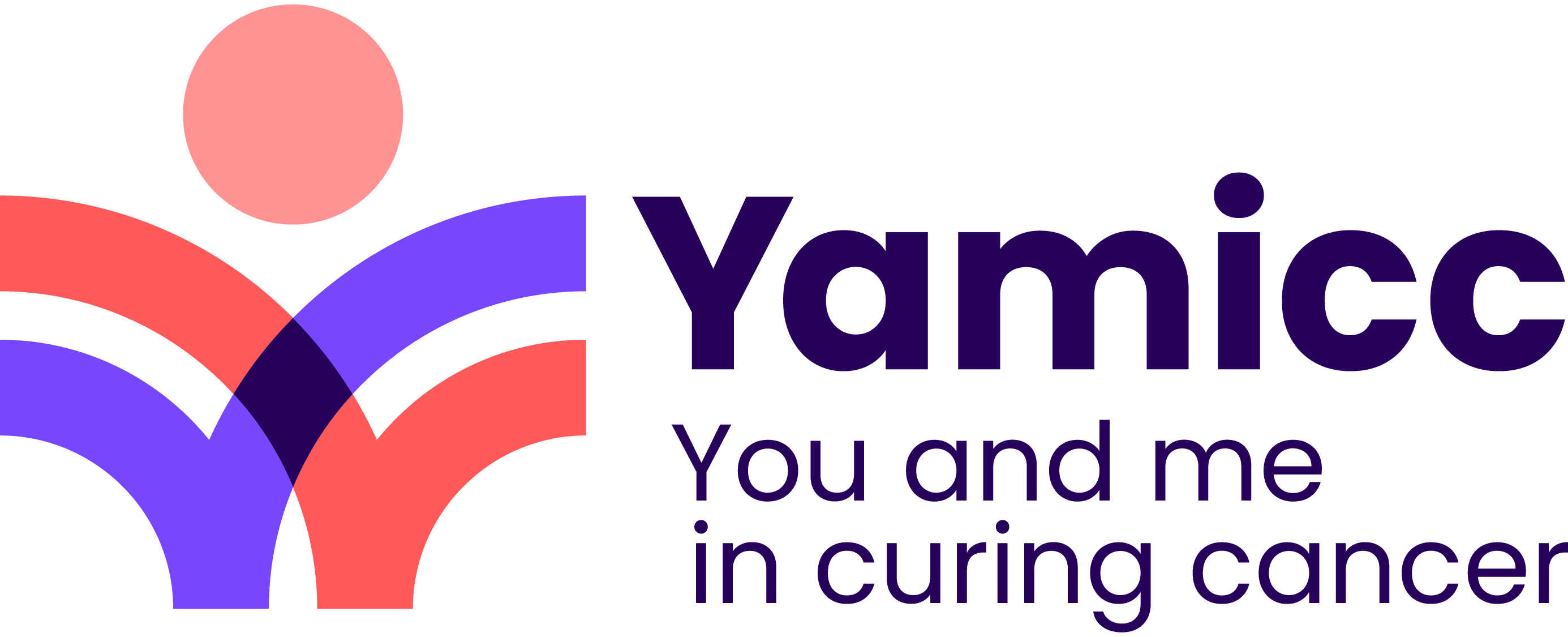
A
broken system
for
rare cancers
Research into rare cancers is biologically complex, expensive, and difficult to scale. At the same time, there is a lack of coordination, collaboration, and infrastructure. Yamicc is here to change that.
The research reality
For researchers and healthcare professionals, finding effective treatments for rare cancers is complex and often challenging. The data they need is scattered across hospitals, formats differ, and it takes an enormous amount of time to make information reusable. The lack of infrastructure hinders innovation, delays studies and with that, delays access to treatment for the patient.
Yamicc helps break through these barriers with a platform that enables collaboration, standardisation and speed. This is how we make clinical research cheaper, smarter and faster to accelerate effective treatments into patients’ lives.

“Multidisciplinary collaboration and the use of innovative technologies such as artificial intelligence on large datasets in oncology will undoubtedly contribute to better treatment outcomes for patients with cancer. I am extremely happy that Yamicc has been established to support this type of research.”
Prof. Dr. Henk Verheul
Department Chair of Medical Oncology,
Erasmus MC
ANALYSIS AND SOLUTION
Why progress is falling behind
Conducting meaningful research into rare cancers is biologically complex, expensive, and difficult to scale. At the same time, there is a lack of coordination, collaboration, and infrastructure. Yamicc is changing that by tackling core barriers with practical, scalable solutions.
Analysis
Limited coordination or direction
Progress in rare cancer research is held back by the absence of a central, coordinating body to initiate and facilitate collaboration and drive infrastructure development.


The Yamicc solution
Yamicc facilitates
As an independent foundation, Yamicc fills this gap by facilitating and coordinating collaboration and building the infrastructure needed to streamline and accelerate research.
Analysis
Clinical research is costly and inefficient
Clinical trials for rare cancers come with high costs, making it harder to validate potential personalized treatments.


The Yamicc solution
Cheaper. Smarter. Faster.
By automating repetitive processes – using AI and other technologies – we reduce manual workload and operational burden. This makes clinical trials more efficient and significantly more affordable. Less manual work means lower costs, enabling studies in places where they were previously out of reach.
Analysis
Data is scattered and not interoperable
High-quality research depends on access to large, reliable datasets. In the case of rare cancers, data is fragmented across medical centers and typically not interoperable. Integration of datasets is often technically and legally unfeasible. As a result, data volume and compatibility are too limited to enable meaningful progress for these highly diverse diseases.


The Yamicc solution
Automating data collection and making data interoperable and reusable
The Yamicc Platform standardizes data across studies and hospitals, using open standards. This makes data interoperable and reusable by design, unlocking scalability and accelerating research.
A new infrastructure for research
Yamicc is building a shared, scalable, and reusable platform for conducting clinical studies on rare cancer. We are building the platform together with hospitals, researchers, and partners. Within one ecosystem, step by step, practice-driven, and focused on what truly works.
The Yamicc Platform
Our innovative data platform makes data FAIR (Findable, Accessible, Interoperable, Reusable), enabling large-scale data analysis. It significantly reduces the time, effort and costs from study design to data analysis, ultimately enabling more research and more effective treatments.
Our ecosystem
Progress doesn’t happen in isolation. That’s why Yamicc builds an open, collaborative ecosystem where hospitals, researchers, funders and technology partners work together.
By connecting what already exists – expertise, infrastructure, and data – we create the foundation for smarter clinical research.
